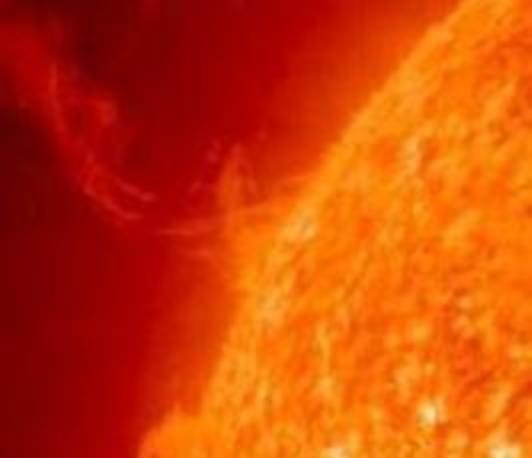Kink oscillations of the decayless class are detected as small amplitude (< 1 Mm) persistent transverse repetitive displacements of solar coronal plasma loops, occurring without any association with solar flares, eruptions, or other impulsive energy releases. The linear correlation of the oscillation periods with the lengths of the oscillating loops demonstrates that the oscillations are natural modes of the loops. The statistical distribution of oscillation amplitudes with the periods shows no pronounced peaks, suggesting the lack of a periodic driver. Together with the lack of an impulsive excitation, it suggests that the energy losses are compensated by the interaction of the loop with either quasi-steady or random external plasma flows. In this study, the decayless regime is associated with the energy supply from coronal plasma flows via the negative friction, i.e., self-oscillations, and/or random movements of footpoints of the oscillating loop. The damping is attributed to the linear effect of resonant absorption. Our low-dimensional model is based on a randomly driven Rayleigh oscillator with random fluctuating coefficients. In the noiseless case, the model has an asymptotically stationary oscillatory solution, i.e., a self-oscillation. The kink oscillation period is found to be practically independent of noise. Fluctuations of the amplitude envelope are consistent with the observed behaviour. The transition from the large-amplitude rapidly-decaying regime to the low-amplitude decayless oscillations demonstrates that the decay pattern differs from the usually assumed exponential decay. An improved, super-exponential model for the damping is analytically derived and shown to be consistent with observations. In the separately considered case of the decayless oscillatory regime supported by a random driver only, the decay of the oscillation amplitude to the decayless level is exponential. Implications of this finding for magnetohydrodynamic seismology of the solar corona, based on the effect of resonant absorption are discussed.
[mehr]
